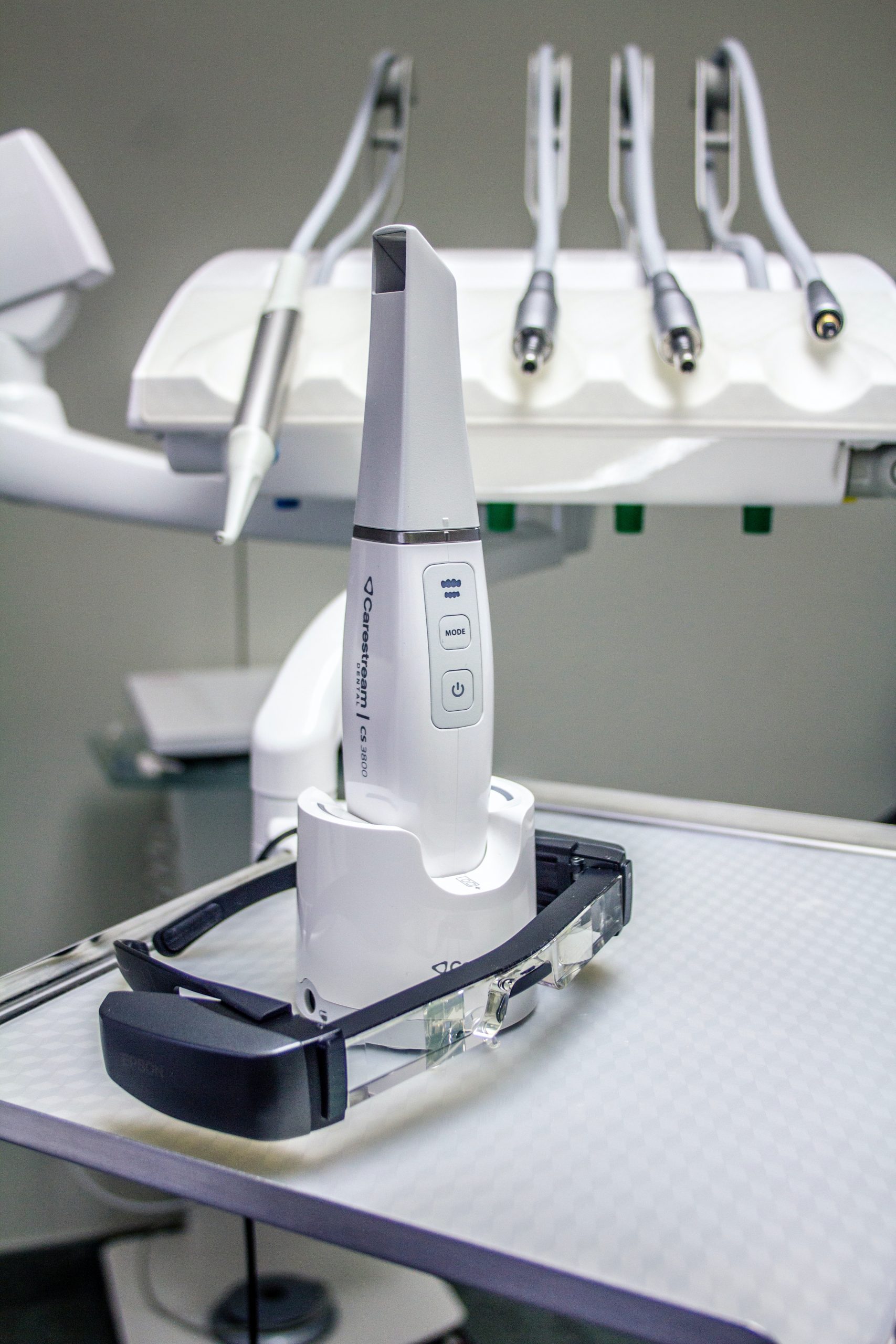
Oral health and systemic health
Oral health has a significant impact on the overall health and well-being of people throughout their lives. In the elderly, poor oral and dental health is associated with pain, tooth loss, poor nutrition, increased risk of systemic diseases, morbidity, and severe mortality from oral cancer. There is a significant association to the general health.
While research is ongoing, scientists have long known that the 's mouth is connected to the rest of the body. It's important to educate the public about the role of oral and dental health in elucidating some systemic diseases such as diabetes and oral complications during pregnancy.
Diabetics are more prone to various oral diseases, including tooth decay, periodontal disease (gums), dry mouth and infections, and candidiasis.
Periodontal disease is an infection of the tissues that support teeth caused by bacteria that build plaque in the mouth. It has been linked to cardiovascular disease, stroke, pneumonia bacteria, premature birth and low birth weight babies. Research suggests that people with periodontal disease are almost three times more likely to develop heart disease.
Oral bacteria can affect the heart when they enter the bloodstream by attaching themselves to fatty platelets in the heart's blood vessels and helping to form blood clots.
Oral health problems can cause more than pain and suffering. They can cause difficulty speaking, chewing, and swallowing, and can affect your ability to absorb the nutrients your body needs to stay healthy, participate in daily activities, and interact with others. A poor diet can also lead to tooth decay and obesity.
The oral cavity has been described as "the window to general health". Whether causal or incidental, the importance of good health of oral cavity and its impact to systemic health have interested World Health Organization and many public health organizations.










